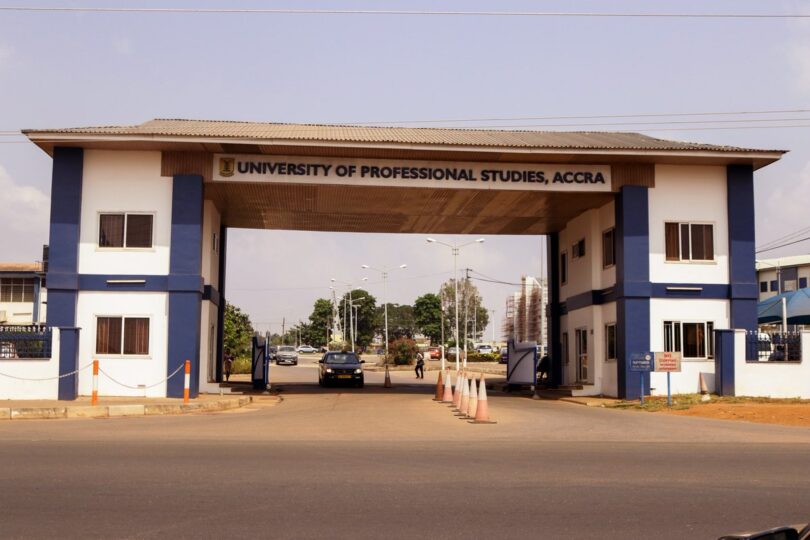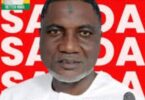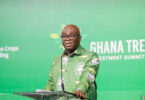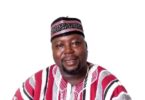Report By: News Desk
In a landmark judgment that strengthens the enforcement of copyright laws in Ghana, the Accra High Court has ruled against the University of Professional Studies, Accra (UPSA), for illegally reproducing copyrighted materials without the required license.
The Court’s decision highlights the legal and financial consequences of flouting Ghana’s Copyright Act, especially for institutions engaged in teaching and learning.
Background of the Case
The case was filed by the Reprographic Rights Organization of Ghana (CopyGhana), which represents authors and publishers.
CopyGhana accused UPSA of allowing students and lecturers to photocopy and digitally reproduce large volumes of literary works using photocopiers installed at its libraries, faculties, and private copy shops on campus—without obtaining a reprographic license.
According to CopyGhana, these unauthorized copies infringed the exclusive reproduction rights of copyright holders, violating both domestic law and international conventions such as the Berne Convention.
Despite repeated efforts since 2004 to get UPSA to sign a licensing agreement, the university refused.
While other tertiary institutions complied with the law and paid reprographic fees, UPSA continued its activities without authorization.
Key Legal Issues Addressed
The Court examined several critical questions:
1. Did UPSA install or permit the use of photocopiers on campus for copying protected works?
Yes. The Court found that UPSA either directly allowed or indirectly enabled photocopying of copyrighted materials by students, lecturers, and third-party vendors.
2. Is UPSA responsible for the actions of third-party vendors operating on its premises?
Yes. The Court ruled that UPSA could not absolve itself of responsibility simply because it rented space to private businesses. The university had knowledge of and benefited from the activities taking place on its premises.
3. Does CopyGhana have the legal authority to collect licensing fees?
Yes. The Court confirmed that CopyGhana is the legally recognized body authorized to issue licenses and collect fees for reprographic reproduction on behalf of authors and publishers, under Section 49 of Act 690 and Section 18 of the Copyright Regulations, 2010 (L.I. 1962).
4. Is UPSA legally obligated to obtain a license and pay reprographic fees?
Yes. The Court made it clear that institutions cannot shift the burden to student groups or vendors. The responsibility lies with the university.
Reliefs Granted
The Court granted all the reliefs CopyGhana sought, including:
a) A declaration that the mass photocopying and digital copying of literary works at UPSA without a license infringes the exclusive reproduction rights of authors and publishers under Ghanaian copyright law.
b) A declaration that CopyGhana is entitled to compensation from UPSA for unpaid reprographic fees, backdated from the 2004/2005 academic year up to the date of the judgment.
C) A perpetual injunction restraining UPSA from offering any photocopying services on campus, either directly or through third parties, unless it obtains a license from CopyGhana.
d) An award of GH¢ 20,000 in legal costs to CopyGhana.
Cautionary Message
The judgment sends a strong message to educational institutions that the Copyright Act is not optional.
Whether reproduction is done by a university, a vendor, or students, it must be done within the law.
UPSA’s attempt to evade responsibility by distancing itself from the copying activities failed.
The ruling reaffirms that licensing is not a bureaucratic formality—it is a legal necessity that ensures authors and publishers are fairly compensated for the use of their work.
Educational institutions are encouraged to engage with CopyGhana to regularize their operations.
Ignoring licensing requirements not only violates the law but also undermines the rights of Ghana’s intellectual community.
Source: www.thenewindependentonline.com








